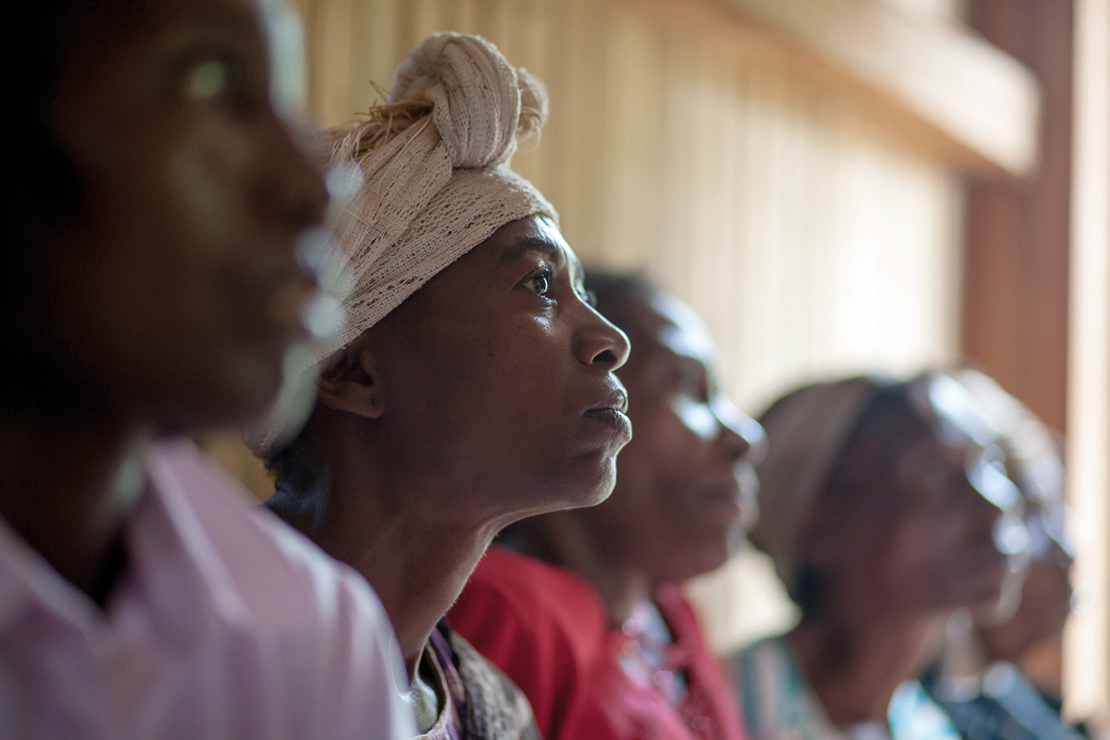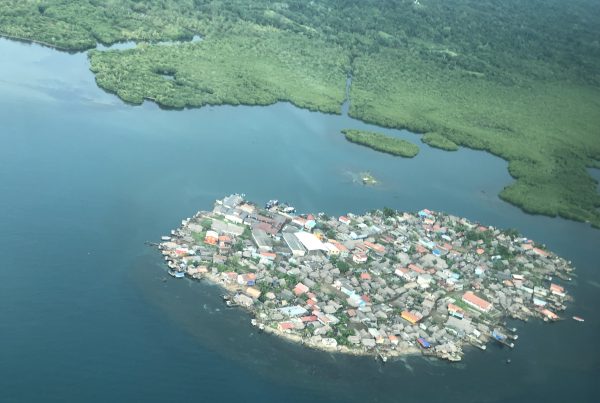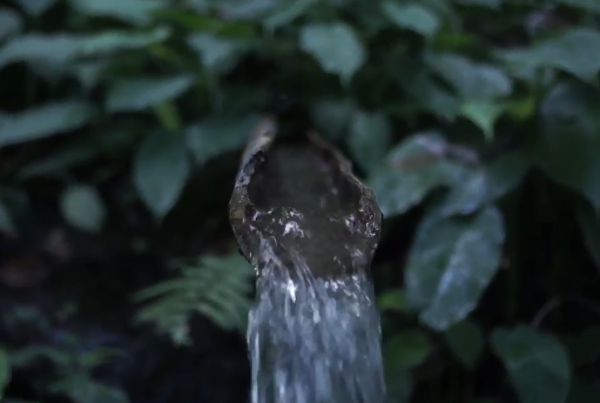Indigenous Baka, Bagyeli and Bedzang peoples in Cameroon have joined forces to represent themselves through a national platform of indigenous forest peoples’ organisations, under the name of Gbabandi. The communities used the Indigenous Navigator survey tools to address the lack of official data on the situation of indigenous peoples in Cameroon, prioritising the issue of citizenship under SDG Target 16.9, which aims to provide a legal identity to all, including free birth registrations, by 2030.
This work involved 40 Baka and Bagyeli communities located in a 700-kilometre-long rainforest area, running from the far east of the country to its western coast. These communities represent about 25 per cent of the total estimated Baka population and 19 per cent of the total estimated Bagyeli population. Citizenship status affects indigenous peoples’ participation in many aspects of public life. In Cameroon, one or more key citizenship documents (such as a birth certificate, national identity card, or electoral card) are required if one is to be able to enrol children in school, move freely around the country, vote, apply for jobs, and perform many other essential life activities.
The consequences in terms of access to justice and environmental governance are also important. In the 40 communities who were part of the study, 66 per cent answered that they had not been able to start any legal action to defend their rights, while an additional 23 per cent said they could do so ‘only to a lesser extent’, because they lacked citizenship documents.
Data collected by Gbabandi revealed that about 69 per cent of indigenous children under five do not have their births registered, compared to the national average of 31 per cent, and that about half of all adults (slightly more women than men) do not have valid documents attesting to their citizenship.
The lack of access to citizenship documents are due to:
- The distance of indigenous communities from citizenship offices where births are registered and national identity cards obtained;
- The cost (both direct and indirect) of obtaining these documents;
- The complexity of the process, particularly for those who were not registered at birth and must, therefore, engage judicial procedures to obtain a birth certificate.
- Low literacy levels and the lack of awareness among indigenous communities about the role and function of citizenship documents are also among the contributing factors.
These statistics are even more disturbing in light of the high number of rights violations suffered by indigenous forest communities in relation to access and use of traditional territories. About 94 per cent of the communities surveyed experienced conflicts related to land or natural resources, such as: illegal forest exploitation or other illegal activities (66 per cent); national park or protected area development (31 per cent); large-scale industrial agriculture (23 per cent); extractive industries (nine per cent); and infrastructure (six per cent).
The problem of lack of citizenship prompted the Indigenous Navigator project in Cameroon to accompany 500 Baka and Bagyeli youth in the processing of their birth certificates. Also included are training for community liaisons and traditional midwives on the importance of birth registration, and dialogues with local and national governments, and other actors, to foster collaboration in simplifying birth registration procedures for indigenous peoples.
Baka, Bagyeli and Bedzang women participating in a national workshop on indigenous rights and biodiversity. Credit: Adrienne Surprenant
Author
- Gbabandi, Okani and Forest Peoples Programme
Ecosystems
- Tropical forests
Topics
- Governance
Type
- Short-form
Date
- This case study forms part of LBO-2, originally released in 2020.



